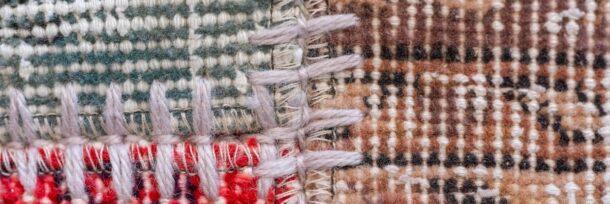TSA screener wins EEOC case, can wear religious bracelet
By Lisa Rein,
Published: June 11
Transportation Security Administration screener Kulwinder Singh wears his victory just below his sleeve. The airport security agent at New York’s John F. Kennedy International Airport won a $30,000 settlement and the right to wear a religious bracelet in full view after he complained to the U.S. Equal Employment Opportunity Commission that his bosses had told him to cover the band or remove it while on duty.
As part of a settlement with the TSA that his attorneys announced last week, the 26-year-old Sikh from Queens is free to wear his kara while screening passengers. The TSA also has been required to post a notice in all terminals at the airport acknowledging that the agency violated Singh’s civil rights. “I’ve had a lot of people come up and congratulate me,” Singh said in an interview Monday.
In one of the world’s busiest airports, a melting pot of travelers from all over the world, Singh, an immigrant from the Punjab region of India, stood out nonetheless, at least to his bosses. He reported for his evening shift wearing the kara on his right wrist. The bracelet, a simple band made of iron or steel, is supposed to remind the wearer to behave honorably and protect others. Along with mens’ long hair tucked under turbans, the kara is an important religious symbol for Sikhs. Singh, who came to the United States in 1994, had screened passengers coming through Kennedy’s international terminal for four years with his kara in full view without a problem.
In 2010, he was confronted by a new boss. “She said: ‘You have to cover it or remove it. That’s the policy,’ ” he recalled of their conversation. “There was no exact reason given.” One of Singh’s attorneys, Hansdeep Singh of the International Center for Advocates Against Discrimination, said TSA officers are not allowed to wear jewelry unless it is so inconspicuous that “you’re not standing out.” But the kara’s classification as jewelry created a problem, the lawyer said, because Sikhs consider it a religious item. Singh and his attorneys filed a request for religious accommodation under Title VII of the Civil Rights Act. But the accommodation offered to Kulwinder Singh, he said, was still discriminatory.
He was told that he could continue wearing the kara as long as he covered it at all times. That meant wearing a long-sleeve shirt in the hot summer months and standing out from his fellow screeners. More important, the kara is supposed to be visible to its wearer. Singh took his case to the EEOC, which determined that the TSA had violated his civil rights by requiring him to hide his kara or not wear it at all.
TSA spokesman David Castelveter said he could not comment on the case. “The agency frequently litigates matters before the Equal Employment Opportunity Commission,” Castelveter said in a statement. “However, those proceedings are closed to the public and subject to the Privacy Act.” Sikhs number just three or four of the 2,000 TSA screeners at Kennedy, Singh said. Among the most important changes he and his attorneys sought during talks with the TSA was public notice of the rights violation. “No amount of money would silence us into making this a hush-hush type of case,” Hansdeep Singh said.
© The Washington Post Company



